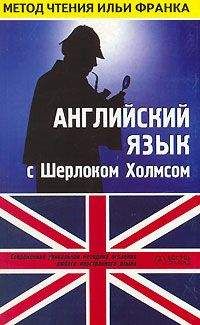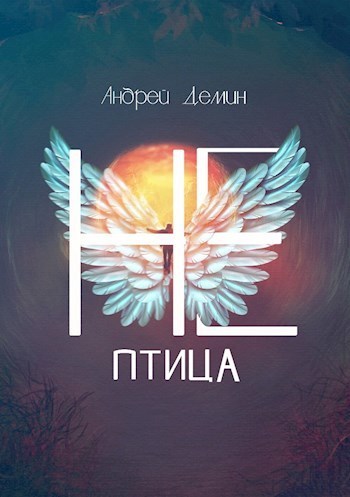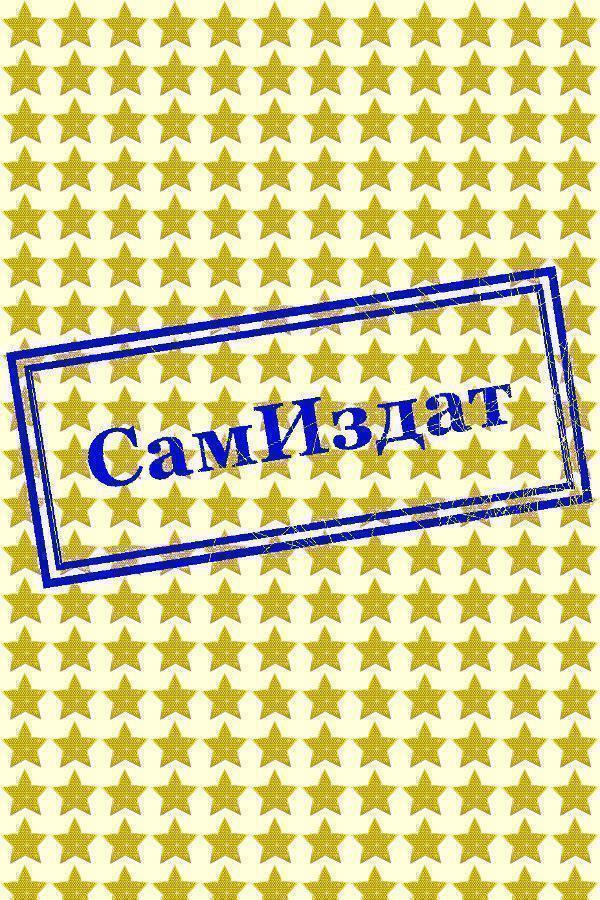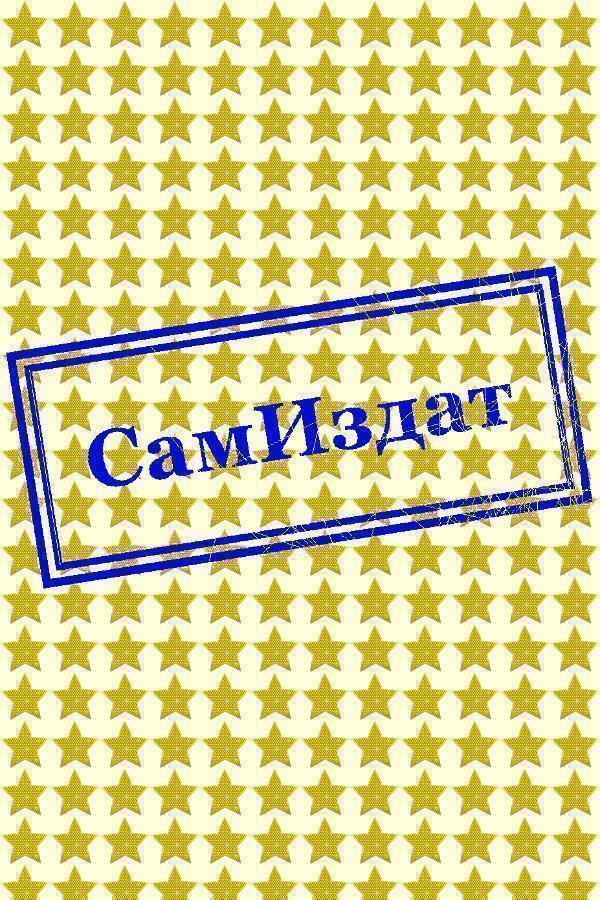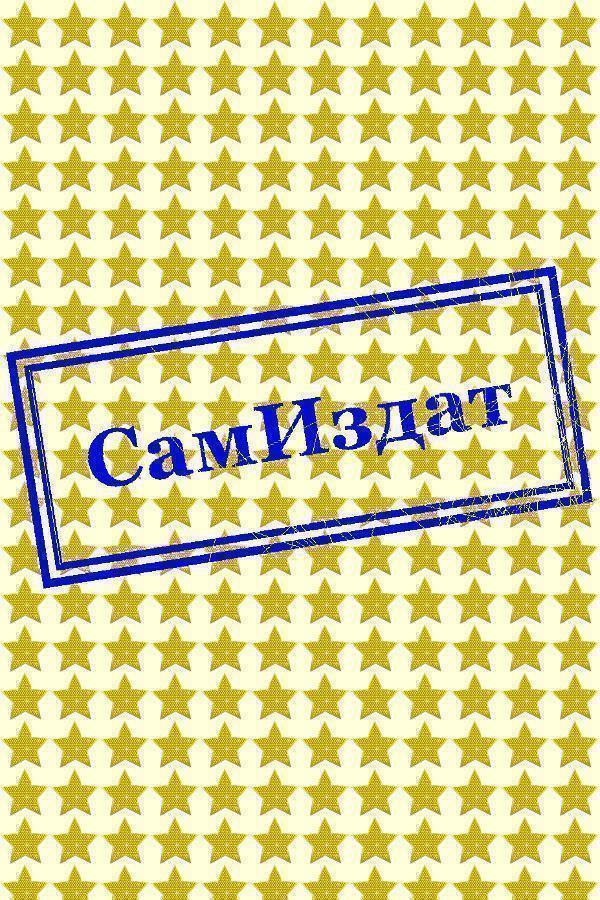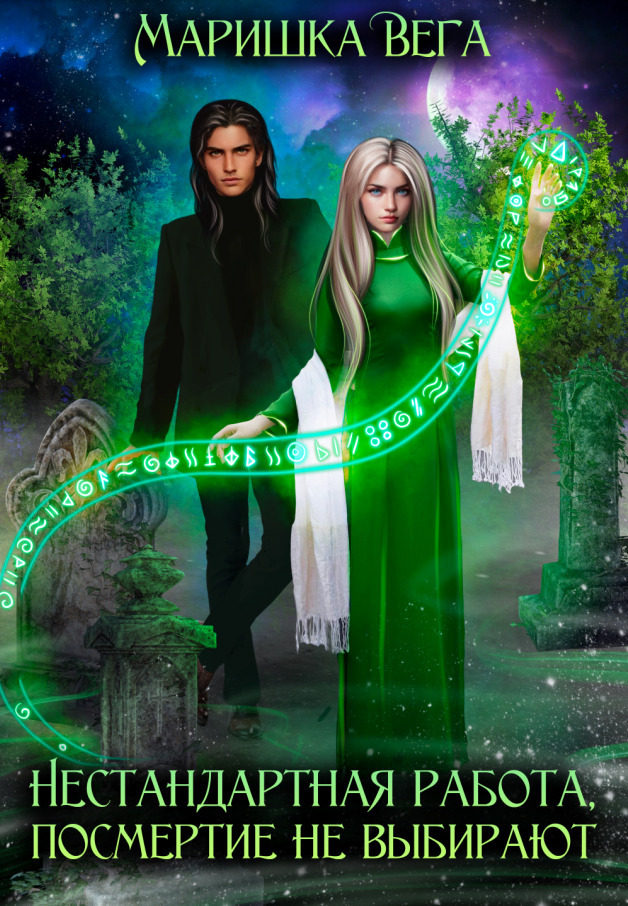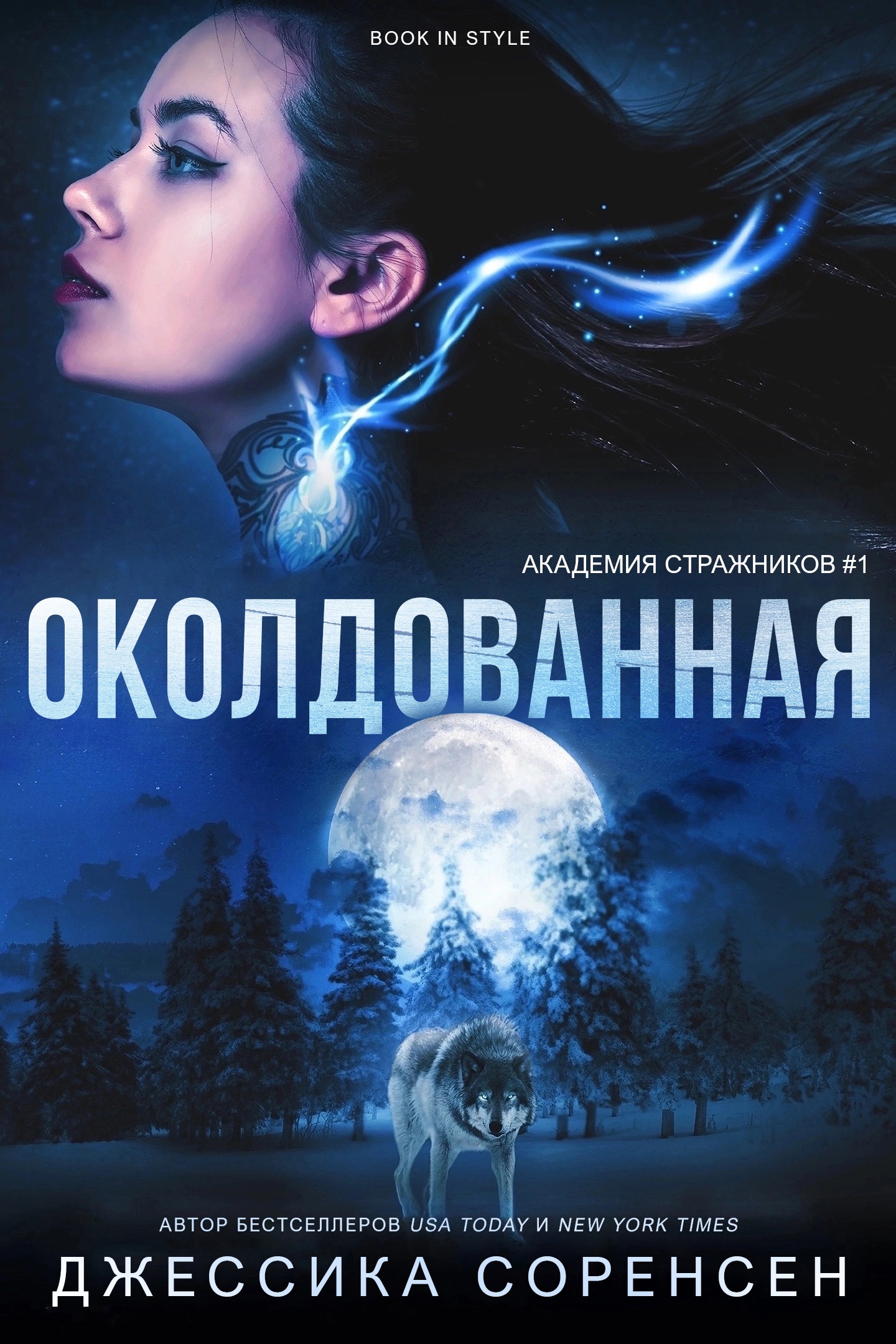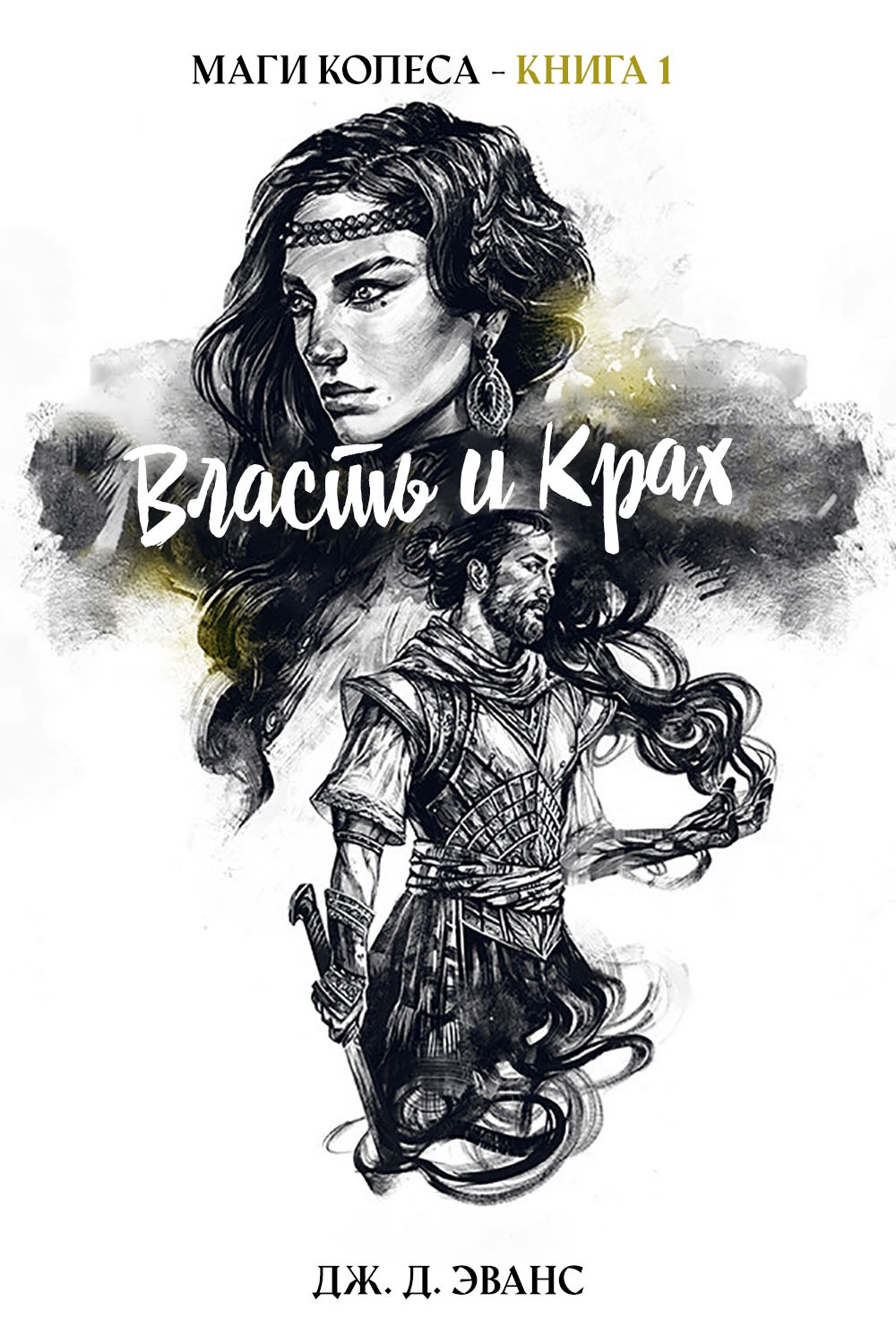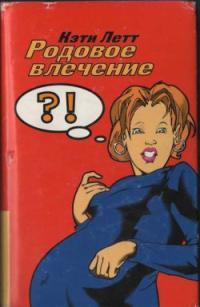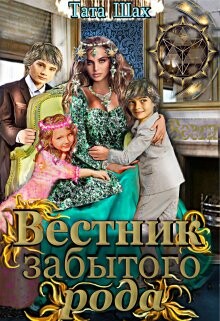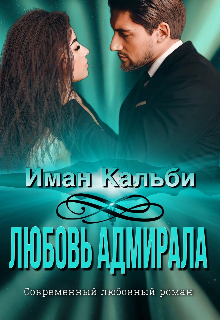Arthur Conan Doyle - Английский язык с Шерлоком Холмсом. Знак четырех
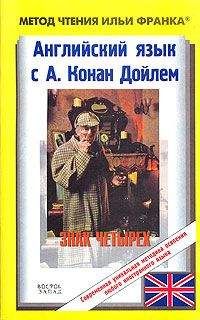
Помощь проекту
Английский язык с Шерлоком Холмсом. Знак четырех читать книгу онлайн
insult [ɪnˈsʌlt], injure [ˈɪnʤǝ], vow [vau], debt [det]
"He was stanch and true, was little Tonga. No man ever had a more faithful mate. At the night named he had his boat at the wharf. As it chanced, however, there was one of the convict-guard down there, — a vile Pathan who had never missed a chance of insulting and injuring me. I had always vowed vengeance, and now I had my chance. It was as if fate had placed him in my way that I might pay my debt before I left the island. He stood on the bank with his back to me, and his carbine on his shoulder. I looked about for a stone to beat out his brains with, but none could I see. Then a queer thought came into my head and showed me where I could lay my hand on a weapon. I sat down in the darkness and unstrapped my wooden leg. With three long hops I was on him. He put his carbine to his shoulder, but I struck him full, and knocked the whole front of his skull in. You can see the split in the wood now where I hit him. We both went down together, for I could not keep my balance, but when I got up I found him still lying quiet enough. I made for the boat, and in an hour we were well out at sea. Tonga had brought all his earthly possessions with him, his arms and his gods. Among other things, he had a long bamboo spear, and some Andaman cocoa-nut matting, with which I made a sort of a sail. For ten days we were beating about, trusting to luck, and on the eleventh we were picked up by a trader which was going from Singapore to Jiddah with a cargo of Malay pilgrims. They were a rum crowd, and Tonga and I soon managed to settle down among them. They had one very good quality: they let you alone and asked no questions.
"Well, if I were to tell you all the adventures that my little chum and I went through (ну, если бы я стал вам рассказывать все, что приключилось с моим маленьким приятелем и со мной; adventure — приключение; chum — близкий друг, приятель), you would not thank me (вы бы меня не поблагодарили), for I would have you here until the sun was shining (так как вам пришлось бы сидеть тут до рассвета: «пока солнце не засияло бы»). Here and there we drifted about the world (нас носило по свету то туда, то сюда; to drift — двигаться по ветру, по течению; странствовать без определенного направления), something always turning up to keep us from London (и всегда что-нибудь подворачивалось, что не давало нам попасть в Лондон: «что удерживало нас от Лондона»). All the time, however, I never lost sight of my purpose (и все же все это время я никогда не упускал из виду своей цели). I would dream of Sholto at night (по ночам Шолто снился мне). A hundred times I have killed him in my sleep (сотню раз я убил его во сне). At last, however, some three or four years ago, we found ourselves in England (и наконец, три или четыре года назад, мы оказались в Англии). I had no great difficulty in finding where Sholto lived (было нетрудно найти, где жил Шолто), and I set to work to discover whether he had realized the treasure, or if he still had it (и я взялся за работу, пытаясь выяснить, потратил ли он сокровища или они по-прежнему были у него; to discover — обнаруживать, узнавать; to realize — осуществлять; выполнять; реализовать, продавать). I made friends with some one who could help me (я подружился кое с кем, кто мог помочь мне), — I name no names, for I don't want to get any one else in a hole (я не называю имен, так как я не хочу, чтобы еще кто-нибудь оказался в трудном положении; hole — дыра; отверстие; in a hole — в трудном положении), — and I soon found that he still had the jewels (и вскоре я выяснил, что драгоценности все еще были у него). Then I tried to get at him in many ways (затем я попытался добраться до него многими способами); but he was pretty sly, and had always two prize-fighters, besides his sons and his khitmutgar, on guard over him (но он был довольно хитер, и его всегда охраняли два боксера-профессионала, не считая его сыновей и его слуги; guard — охрана, защита; on guard — настороже, начеку).
through [Ɵru:], jewels [ˈʤu:ǝlz], purpose [ˈpǝ:pǝz]
"Well, if I were to tell you all the adventures that my little chum and I went through, you would not thank me, for I would have you here until the sun was shining. Here and there we drifted about the world, something always turning up to keep us from London. All the time, however, I never lost sight of my purpose. I would dream of Sholto at night. A hundred times I have killed him in my sleep. At last, however, some three or four years ago, we found ourselves in England. I had no great difficulty in finding where Sholto lived, and I set to work to discover whether he had realized the treasure, or if he still had it. I made friends with some one who could help me, — I name no names, for I don't want to get any one else in a hole, — and I soon found that he still had the jewels. Then I tried to get at him in many ways; but he was pretty sly, and had always two prize-fighters, besides his sons and his khitmutgar, on guard over him.
"One day, however, I got word that he was dying (как бы то ни было, однажды я получил сообщение, что он умирает). I hurried at once to the garden (я сразу же поспешил в его сад), mad that he should slip out of my clutches like that (вне себя, что он таким образом ускользает из моих когтей; clutch — сжатие; захват; clutches — когти, лапы), and, looking through the window, I saw him lying in his bed (и, заглянув в окно, я увидел, что он лежит в постели), with his sons on each side of him (а его сыновья стояли с обеих сторон кровати). I'd have come through and taken my chance with the three of them (я бы проник внутрь и попытался бы справиться с ними тремя), only even as I looked at him his jaw dropped, and I knew that he was gone (но как раз, когда я смотрел на него, его челюсть отпала, и я понял, что он умер). I got into his room that same night, though (я все же пробрался к нему в комнату этой ночью), and I searched his papers to see if there was any record of where he had hidden our jewels (и обыскал его бумаги, чтобы посмотреть, не было ли какого-нибудь указания, где он спрятал наши драгоценности; record — запись; письменная фиксация). There was not a line, however (однако я не обнаружил ни строчки): so I came away, bitter and savage as a man could be (тогда я ушел, озлобленный и раздраженный донельзя; bitter — горький; злой; savage — дикий; злой, свирепый). Before I left I bethought me that if I ever met my Sikh friends again (прежде чем уходить, мне пришла в голову мысль, что если бы я когда-нибудь встретил опять своих друзей-сикхов; to bethink — вспоминать; размышлять, обдумывать) it would be a satisfaction to know that I had left some mark of our hatred (им было бы приятно знать, что я оставил свидетельство нашей ненависти; satisfaction — удовлетворение; удовольствие, радость; mark — знак; метка): so I scrawled down the sign of the four of us (поэтому я набросал знак нас четырех; to scrawl — писать наспех), as it had been on the chart, and I pinned it on his bosom (такой, какой он был на карте, и приколол ему на грудь). It was too much that he should be taken to the grave (было бы слишком, если бы он отправился в могилу) without some token from the men whom he had robbed and befooled (без какой-нибудь метки от тех, кого он ограбил и обманул; token — знак, символ).
hatred [ˈheɪtrɪd]
"One day, however, I got word that he was dying. I hurried at once to the garden, mad that he should slip out of my clutches like that, and, looking through the window, I saw him lying in his bed, with his sons on each side of him. I'd have come through and taken my chance with the three of them, only even as I looked at him his jaw dropped, and I knew that he was gone. I got into his room that same night, though, and I searched his papers to see if there was any record of where he had hidden our jewels. There was not a line, however: so I came away, bitter and savage as a man could be. Before I left I bethought me that if I ever met my Sikh friends again it would be a satisfaction to know that I had left some mark of our hatred: so I scrawled down the sign of the four of us, as it had been on the chart, and I pinned it on his bosom. It was too much that he should be taken to the grave without some token from the men whom he had robbed and befooled.
"We earned a living at this time (мы зарабатывали на жизнь в это время) by my exhibiting poor Tonga at fairs and other such places as the black cannibal (тем, что я выставлял бедного Тонгу как черного людоеда на ярмарках и подобных местах). He would eat raw meat and dance his war-dance (он ел сырое мясо и плясал свой танец войны): so we always had a hatful of pennies after a day's work (поэтому у нас всегда набиралась шапка монет в конце дня; penny — пенни, пенс, однопенсовая монета). I still heard all the news from Pondicherry Lodge (я по-прежнему получал: «слышал» все новости из Пондичерри-Лодж), and for some years there was no news to hear, except that they were hunting for the treasure (и на протяжении нескольких лет не было слышно ничего нового, кроме того что они разыскивали сокровища; to hunt — охотиться; разыскивать, искать). At last, however, came what we had waited for so long (однако наконец поступило известие, которого: «то, что» мы так долго ждали). The treasure had been found (сокровища были найдены). It was up at the top of the house, in Mr. Bartholomew Sholto's chemical laboratory (они были на верху дома, в химической лаборатории мистера Бартоломью Шолто). I came at once and had a look at the place (я сразу же пришел и осмотрел место), but I could not see how with my wooden leg I was to make my way up to it (но я не видел, как я со своей деревянной ногой мог бы туда подняться). I learned, however, about a trap-door in the roof (однако я узнал о люке на крыше), and also about Mr. Sholto's supper-hour (а также о времени ужина мистера Шолто). It seemed to me that I could manage the thing easily through Tonga (мне показалось, что я легко мог справиться при помощи Тонги; to manage — руководить, управлять; справляться, суметь сделать). I brought him out with me with a long rope wound round his waist (я привел его со мной, обмотав ему вокруг талии длинную веревку: «с длинной веревкой вокруг пояса»). He could climb like a cat (он мог лазить, как кошка), and he soon made his way through the roof (и вскоре он пробрался на чердак: «проложил свой путь» через крышу), but, as ill luck would have it, Bartholomew Sholto was still in the room (но, как распорядилась наша удача, Бартоломью Шолто был все еще в кабинете; luck — удача; ill luck — неудача), to his cost (себе на беду; cost — цена; стоимость; to one's cost — себе во вред, на свою беду). Tonga thought he had done something very clever in killing him (Тонга думал, что поступил очень умно: «сделал что-то очень умное», убив его), for when I came up by the rope I found him strutting about as proud as a peacock (так как когда я взобрался по веревке, он расхаживал по комнате, гордый как павлин; to strut — ходить с важным, напыщенным видом). Very much surprised was he when I made at him with the rope's end and cursed him for a little blood-thirsty imp (он очень удивился, когда я бросился на него с веревкой: «с концом веревки», обзывая его маленьким кровожадным дьяволом; to make at — атаковать, наброситься; to curse — сквернословить; ругаться; проклинать; blood — кровь; thirsty — испытывающий жажду; imp — бесенок, чертенок). I took the treasure-box and let it down (я взял ларец с сокровищами и спустил его вниз), and then slid down myself (а затем соскользнул вниз сам; to slide — скользить), having first left the sign of the four upon the table (оставив сперва знак четырех на столе), to show that the jewels had come back at last to those who had most right to them (чтобы показать, что драгоценности наконец вернулись к тем, кто имел на них больше всего прав). Tonga then pulled up the rope, closed the window, and made off the way that he had come (затем Тонга затащил наверх веревку, закрыл окно и ушел тем же путем, что и пришел; to make off — убежать, ускользнуть).



